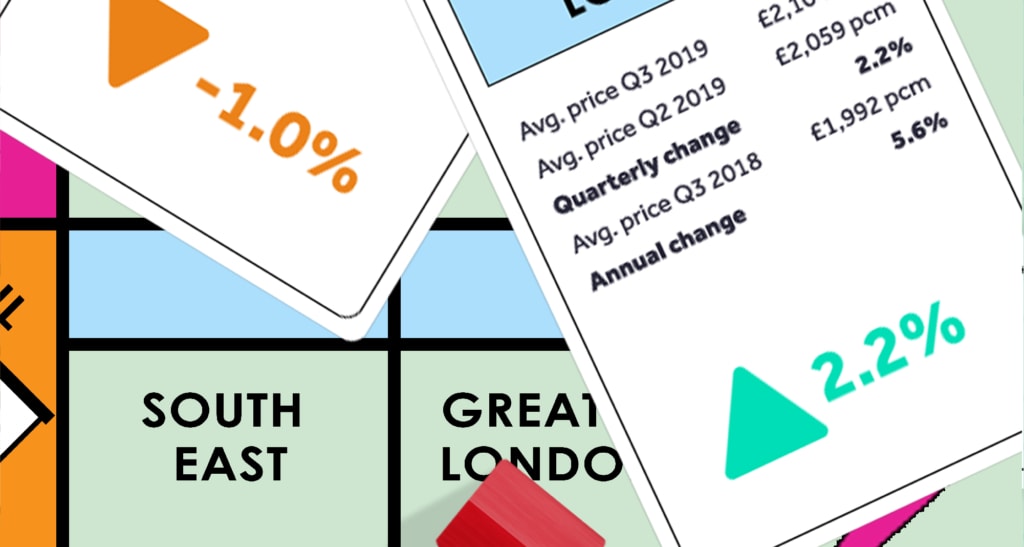Landlords plan to reduce portfolios in spite of record asking rents
A lack of new stock has led to record asking rents in all areas across Great Britain except Scotland and the North East, new Rightmove data has revealed.
There was a temporary influx of rental properties throughout 2016 and into 2017 – caused by landlords who bought before the stamp duty surcharge came in – but that stock has now tailed off and is currently 13% lower than Q3 2015, before any of these changes were introduced.
Rightmove’s property expert Miles Shipside said: “There are a number of forces at play in the current rental market, all leading to record rents for tenants and fewer homes to choose from, yet demand remains strong.
“Worryingly for tenants there are signs that the stock shortage may worsen if some landlords follow through with their plans to sell up, though an increase in plans for build to rent properties may help to fill some of the gap. The overall feeling among those landlords who are planning to exit the market is one of frustration with many telling us that the tax changes mean it’s no longer financially attractive to keep their properties.”
New Rightmove research also shows the changes are discouraging landlords from expanding their portfolios.
When asked about their future plans, almost a quarter of landlords (24%) say they are looking to sell at least one property from their current portfolio; this is made up of 13% who say they will be decreasing their portfolio and one in ten (11%) who say they will be selling all of their rental properties.
The average landlord in the study rents out three properties, with a quarter of them owning just one. Almost a third (30%) are still planning to increase their portfolio, with the majority of those saying that property still delivers better returns than other investments.
Asking rents outside London are now at a record high of £828 PCM, bolstered by the biggest quarterly jump at this time of year since 2015, while the annual rate of price change rises to +3.2%, an increase not seen since 2016.
Shipside added: “Early data seems to point to some of the income lost through the removal of tenant fees being passed on to the tenant in higher rents, but it should still work out cheaper than paying the upfront admin fees as long as stock doesn’t constrict and rents don’t rise too much.
“What we really need now is more properties available to rent. Rising rents may tempt some landlords back in, but momentum is currently to downsize portfolios in spite of the prospect of increasing yields.”
To read October’s rental report in full, click here.



